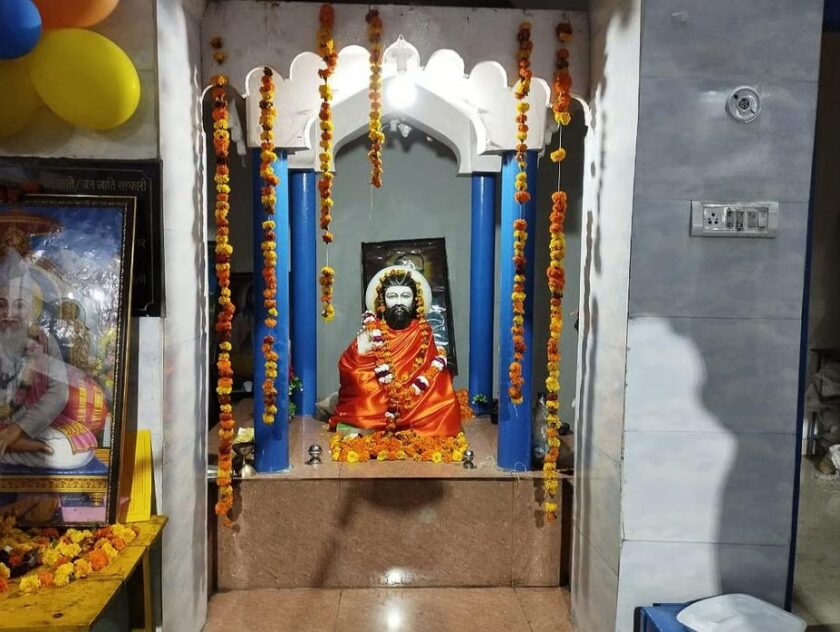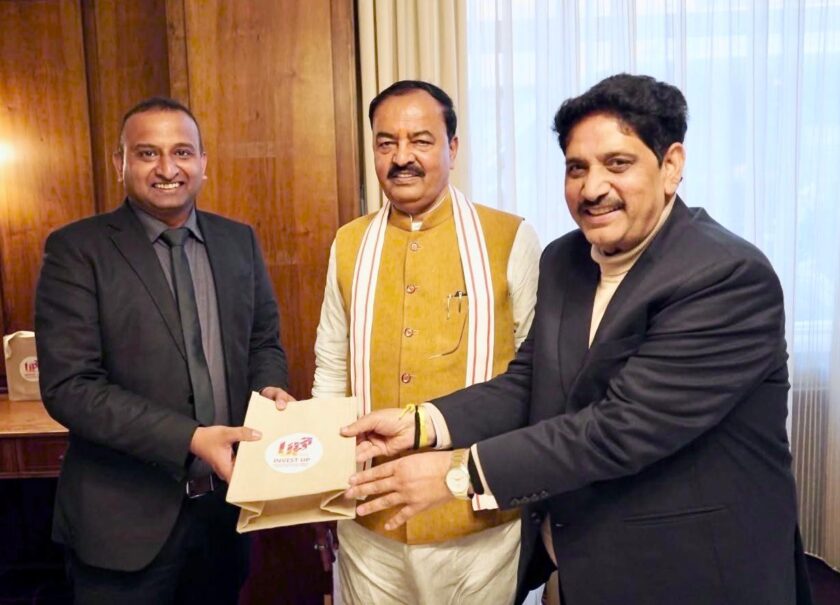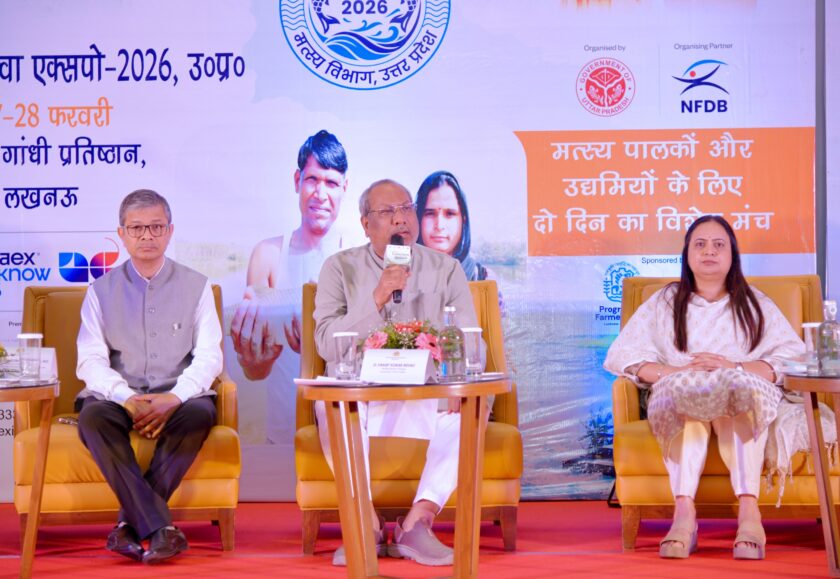Mumbai: The political landscape of Maharashtra is witnessing a potentially seismic shift, as estranged cousins Raj Thackeray and Uddhav Thackeray, leaders of the MNS and Shiv Sena (UBT) respectively, have signaled a willingness to bury the hatchet for the greater good of the state. This unexpected overture, driven by a shared concern for Marathi language and Maharashtra’s interests, hints at a possible realignment that could reshape the state’s political dynamics.
The immediate catalyst for this potential rapprochement is the MahaYuti government’s controversial proposal to mandate Hindi as a subject in Marathi and English-medium schools for younger students. This move, perceived as an assault on Marathi identity, has ignited a rare moment of unity between the two Thackeray cousins, who have long been locked in a bitter political feud.
Raj Thackeray, in a candid interview, articulated the sentiment that “Maharashtra is much bigger” than their personal differences, emphasizing the existential threat posed by these divisions. His call for a unified front of Marathi people, transcending political affiliations, underscores the gravity of the perceived threat. This isn’t merely political maneuvering; it’s a plea for collective action to safeguard the state’s cultural heritage.
Uddhav Thackeray, echoing similar sentiments, expressed his readiness to “set aside trivial arguments” for the sake of Maharashtra. However, he also issued a stern caveat, demanding clarity on the commitment to the state’s interests. His insistence on consistent and unwavering support, rather than opportunistic alliances, highlights the deep-seated mistrust that lingers between the two parties.
The designation of Marathi as a classical language by the central government, while a symbolic victory, also serves as a rallying point for this potential unity. It underscores the importance of preserving Marathi identity and culture, a cause that transcends political rivalries.

The MNS’s Sandeep Deshpande’s pointed query, “Does the other party really want to come together?” encapsulates the skepticism surrounding this potential alliance. The history of fractured relationships and political betrayals casts a long shadow, and trust is not easily rebuilt.
Ambadas Danve’s assertion that “Raj and Uddhav are brothers, regardless of who it is” reflects the emotional undercurrents that drive this narrative. The familial ties, despite the political estrangement, remain a potent force, and the possibility of reconciliation resonates deeply with the Marathi populace.
However, beyond the emotional appeals and symbolic gestures, the practical implications of this potential alliance remain uncertain. Will it translate into a formal political coalition? Will it lead to a unified electoral strategy? And, most importantly, will it effectively counter the MahaYuti government’s policies?









